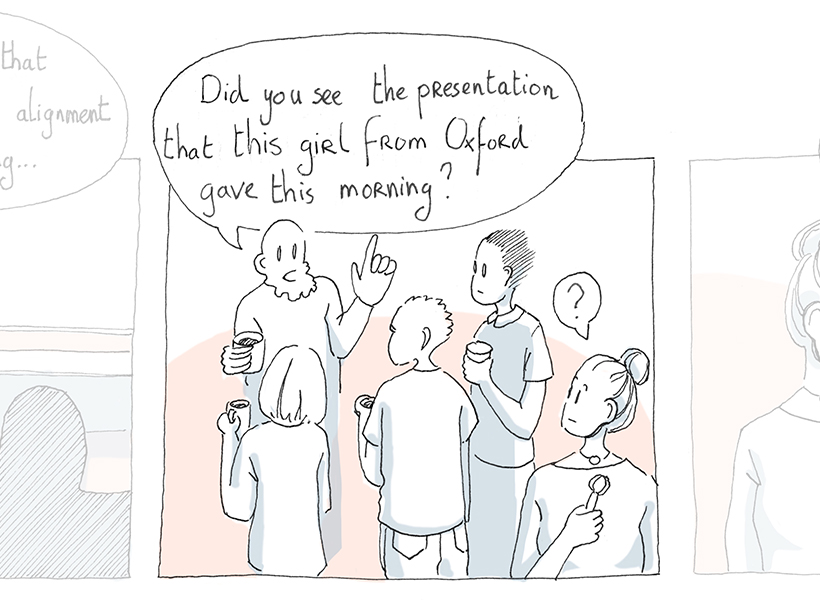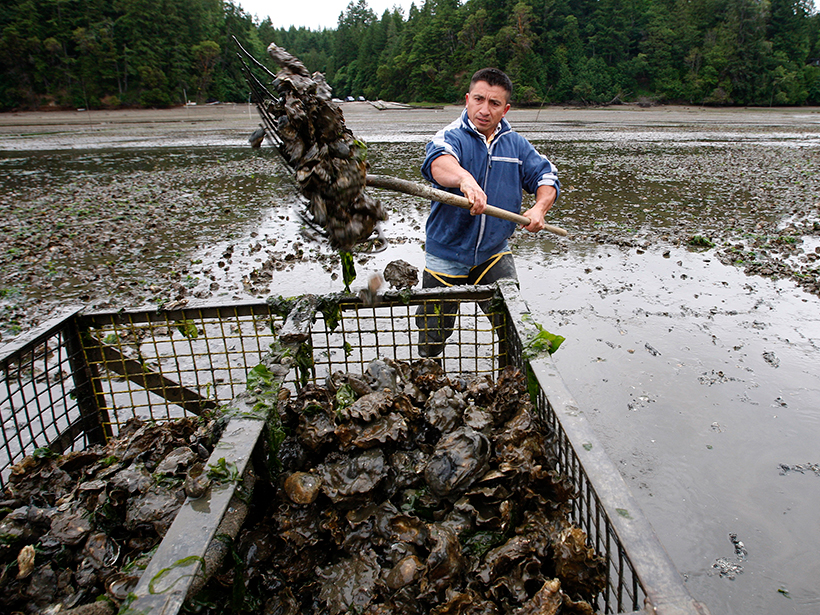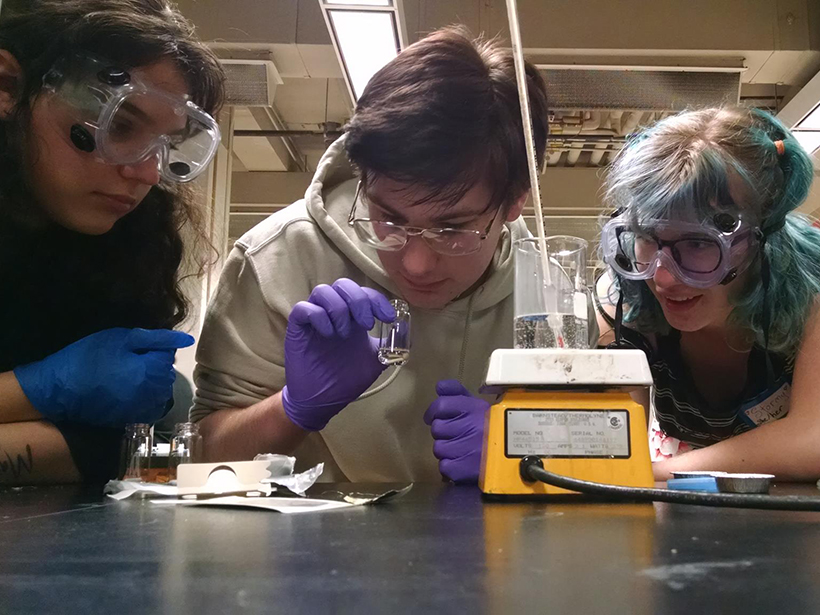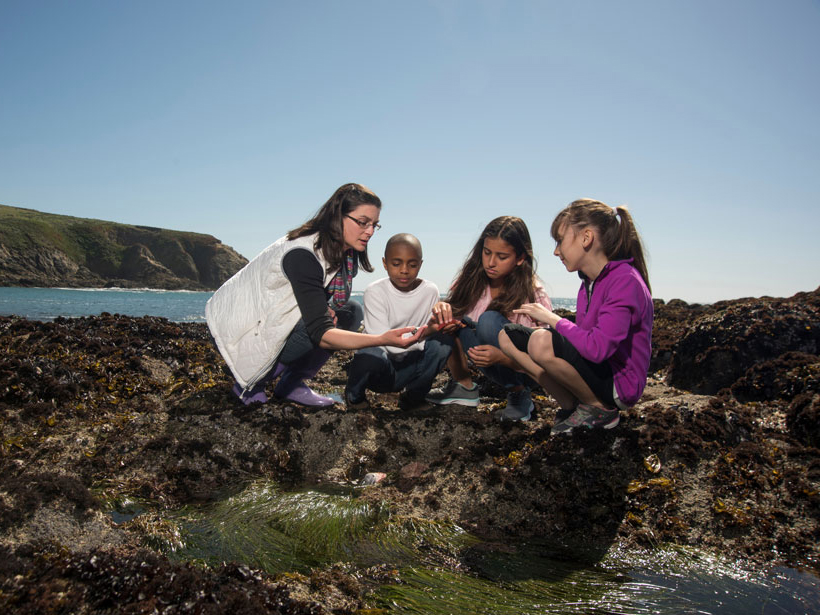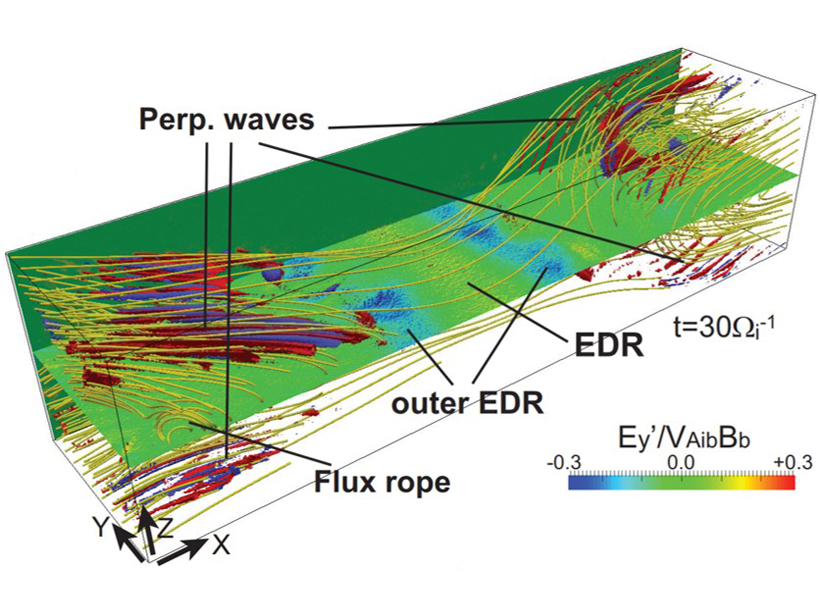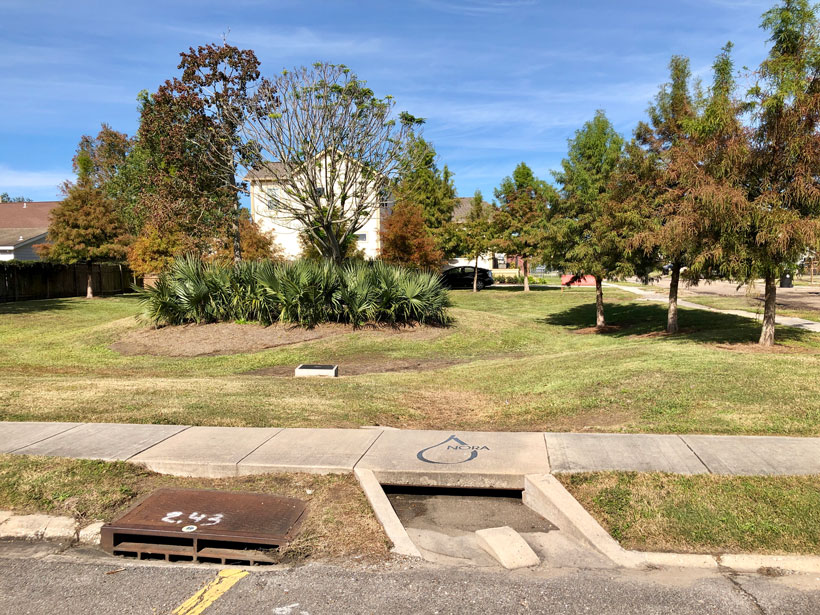Preliminary results from a recent study may begin to shed light on why megalodons died out before the most recent ice age.
CC BY-NC-ND 2018
Neanderthals Likely Ate Rotten Meat
Neanderthals have long been painted as meat-eating machines. But could a new look at a dietary proxy and how it changes when meat rots uncover insights into what these extinct hominids really ate?
Illustrating Casual Sexism in Science
Little sexist comments are a big issue that can be difficult to talk about. These illustrations help strike at how such comments can harm and can serve as a starting place for conversations.
Developing Ocean Acidification “Champions” in Congress
Ocean acidification “provides a case study of a way that we can drive forward bipartisan action on an environmental issue,” says an Ocean Conservancy scientist.
Outreach Events Engage Queer and Transgender Youth in STEM
Run by queer and transgender scientists, a new program aims to help high school students of similar identities see a future for themselves in science.
Universities Can Lead the Way Supporting Engaged Geoscientists
Geoscientists want to engage communities and policy makers. Colleges and universities can help by embracing five core capacities.
AGU Announces Locations for the 2022 and 2024 Fall Meetings
Full slate of Fall Meeting locations through 2026 is set.
Measuring the Magnetic Reconnection Rate in the Magnetotail
Both simulations and observations are used to measure the magnetic reconnection rate in the Earth’s magnetotail, suggesting that the rate is correlated with the intensity of a magnetic substorm.
Introducing the New Editor-in-Chief of GRL
Find out who is taking over the helm of Geophysical Research Letters and his plans for taking the journal forward in the coming years.
Community-Driven Science: Update on the Thriving Earth Exchange
As AGU marks its Centennial, our organization’s program that recruits volunteer scientists to help with local priorities celebrates 5 years of working in communities representing 12 million people.



